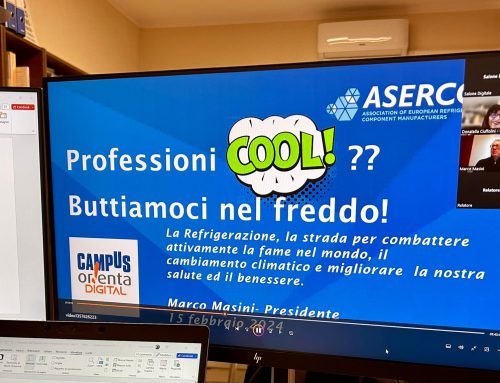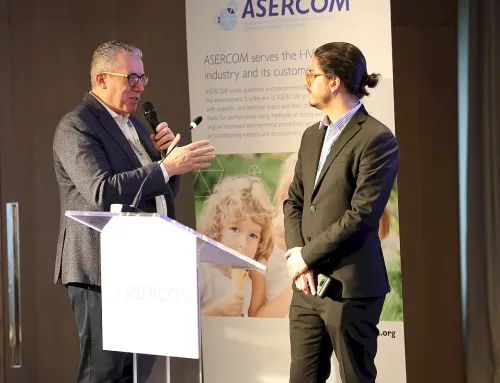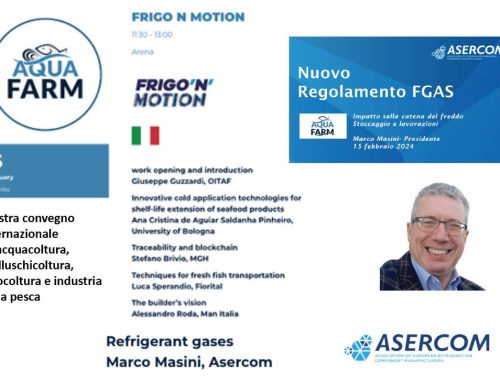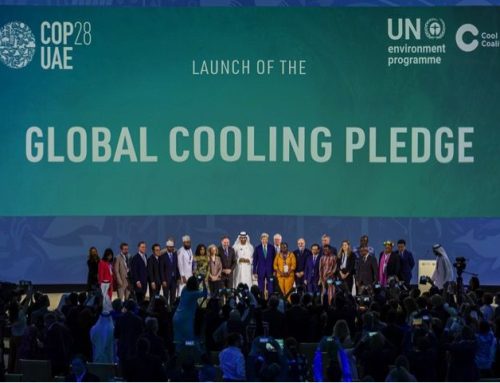ASERCOM attended the EPEE General Assembly on 21 June, where some important issues were raised and discussed. One of the most important was the recognition of the many European legislative changes that offer opportunities to our industry, but also bring uncertainties or threats.
Among others, a deep insight was taken into the F-gas/PFAS, Ecodesign and EEE dossiers, some of which, like F-gas, are at an advanced stage. In this dossier, we are facing a difficult time as the Presidency of the Council is changing (from 1 July, Spain will take over the Presidency) and a new regulation is needed by 2024. There will be a new trialogue meeting in July where a decision is expected.
PFAS is a priority issue for refrigerants and fluoropolymers and EPEE and ASERCOM are expected to provide a response to the public consultation by mid-September.
EcoDesign and EEE (like EPBD) are in the process of submitting reliable proposals to the institutions, but all fear the uncertainties of F-gas and PFAS legislation, which could strongly influence the results.
 When the balance sheet was adopted, an improved organisation was presented and a new Steering Committee was elected, on which Marco Masini, ASERCOM President, sits together with Rainer Grosse Kracht, ASERCOM Board Member. ASERCOM will chair the Associations Forum, a national association council, to support EU lobbying for policy implementation. “This becoming more and more important, since the Council is always closer to industry issues and proposals and acting at national level is of extreme importance,” said Marco Masini.
When the balance sheet was adopted, an improved organisation was presented and a new Steering Committee was elected, on which Marco Masini, ASERCOM President, sits together with Rainer Grosse Kracht, ASERCOM Board Member. ASERCOM will chair the Associations Forum, a national association council, to support EU lobbying for policy implementation. “This becoming more and more important, since the Council is always closer to industry issues and proposals and acting at national level is of extreme importance,” said Marco Masini.
Most of the authoritative companies in our industry were present, as well as other globally influential associations. During the panel discussion “What’s in store for the RACHP sector in the next 10 years”, a glimpse of the future was given, where there will be more and more different solutions for different applications and widespread highly efficient, safe and easy-to-install systems. Monitoring the urban level is a key issue, as is adaptation. Convergence between heating and cooling will also play a role in decarbonisation. We need to offer affordable products/solutions, and AI can contribute to better and faster adaptations.
In addition, finding people to fill the labour shortage is a key issue on both sides of the ocean.








